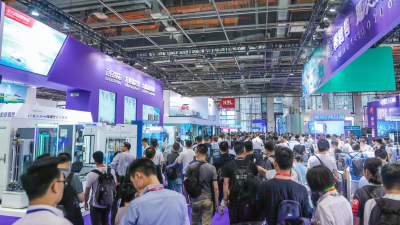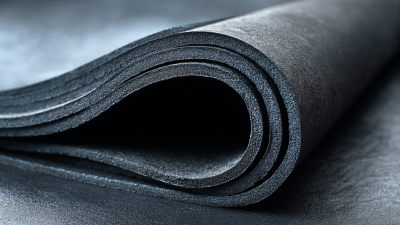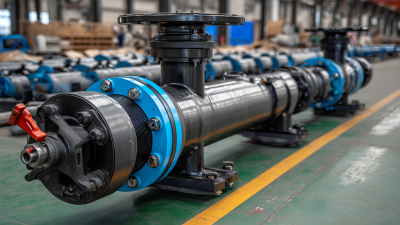In today's rapidly evolving manufacturing landscape, the demand for reliable and high-performance sealing solutions has never been more critical. One of the standout contenders in this domain is the Silicone Gasket, known for its exceptional versatility and resilience across a wide array of applications. According to the MarketsandMarkets report, the global gasket market is projected to reach USD 6.91 billion by 2025, driven largely by advancements in materials and manufacturing processes. Silicone Gaskets, with their superior temperature resistance and chemical stability, are increasingly being utilized in industries ranging from automotive to aerospace, where precision and durability are paramount. Their ability to maintain integrity under extreme conditions positions them as a preferred choice for engineers and manufacturers striving for efficiency and reliability in their products. This exploration into the capabilities of Silicone Gaskets underscores their essential role in shaping modern manufacturing practices.
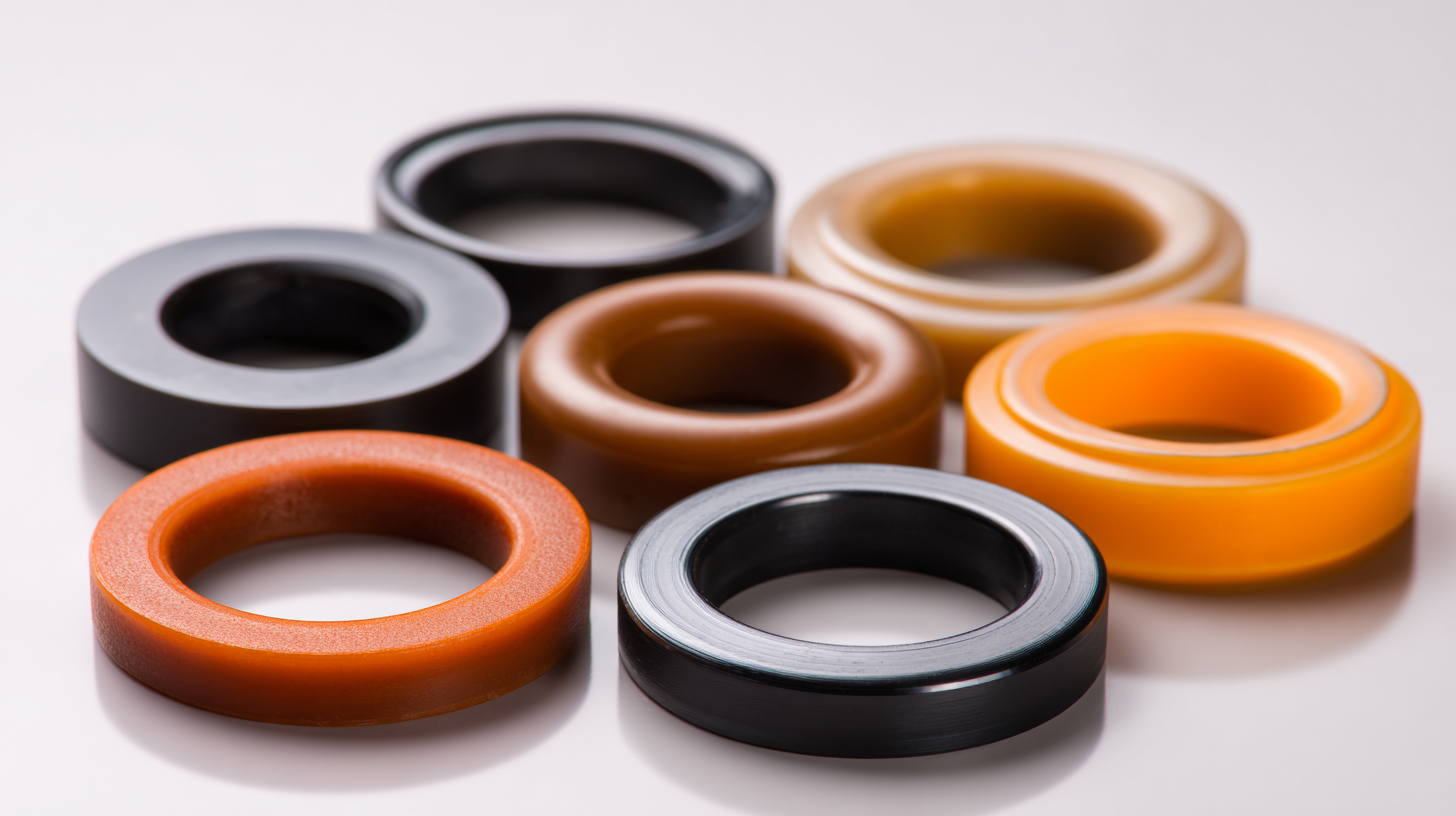
Silicone gaskets play a crucial role in modern manufacturing by providing enhanced sealing solutions across various applications. Their unique properties, such as flexibility, durability, and resistance to temperature extremes, make them ideal for creating airtight or watertight seals. In industries ranging from automotive to food processing, silicone gaskets ensure that products maintain integrity and performance under different conditions. This reliability not only enhances product quality but also minimizes the risk of leaks and contamination, which can lead to significant operational issues.
Furthermore, the versatility of silicone gaskets allows them to be customized for specific manufacturing needs. They can be engineered to accommodate various shapes and sizes, providing manufacturers with tailored solutions that meet industry standards. Their compatibility with a range of substances, including chemicals and oils, expands their application scope, making them indispensable in environments where traditional materials may fail. As manufacturers continue to innovate, the demand for silicone gaskets in integrated sealing systems is likely to grow, solidifying their position as a key component in modern manufacturing processes.
This chart illustrates the distribution of silicone gasket usage across various manufacturing sectors. The automotive and electronics industries are the largest consumers, showcasing the versatility and essential role of silicone gaskets in enhancing sealing solutions across multiple applications.
Silicone gaskets have become a staple in modern manufacturing due to their remarkable properties that lend themselves to various industrial applications. One of the key attributes of silicone is its exceptional temperature resistance, allowing it to maintain performance in extreme conditions. This makes silicone gaskets ideal for environments involving high heat and significant thermal fluctuations, ensuring durability and reliability throughout their operational lifespan.
Another significant advantage of silicone is its inherent chemical stability. Unlike many other materials, silicone gaskets do not react with a wide range of chemicals, which is crucial in sectors like pharmaceuticals and food processing where material safety and integrity are paramount. Additionally, the versatility of silicone can be further enhanced by altering its chemical formulation, enabling manufacturers to customize the gaskets to meet specific requirements.
**Tips:** When selecting silicone gaskets for your projects, consider the specific environmental conditions they will face. Evaluate factors like temperature ranges and potential chemical exposure to ensure optimal performance. Also, take advantage of custom formulations to achieve enhanced properties tailored to your manufacturing needs, as this could lead to improved efficiency and longevity in your applications.
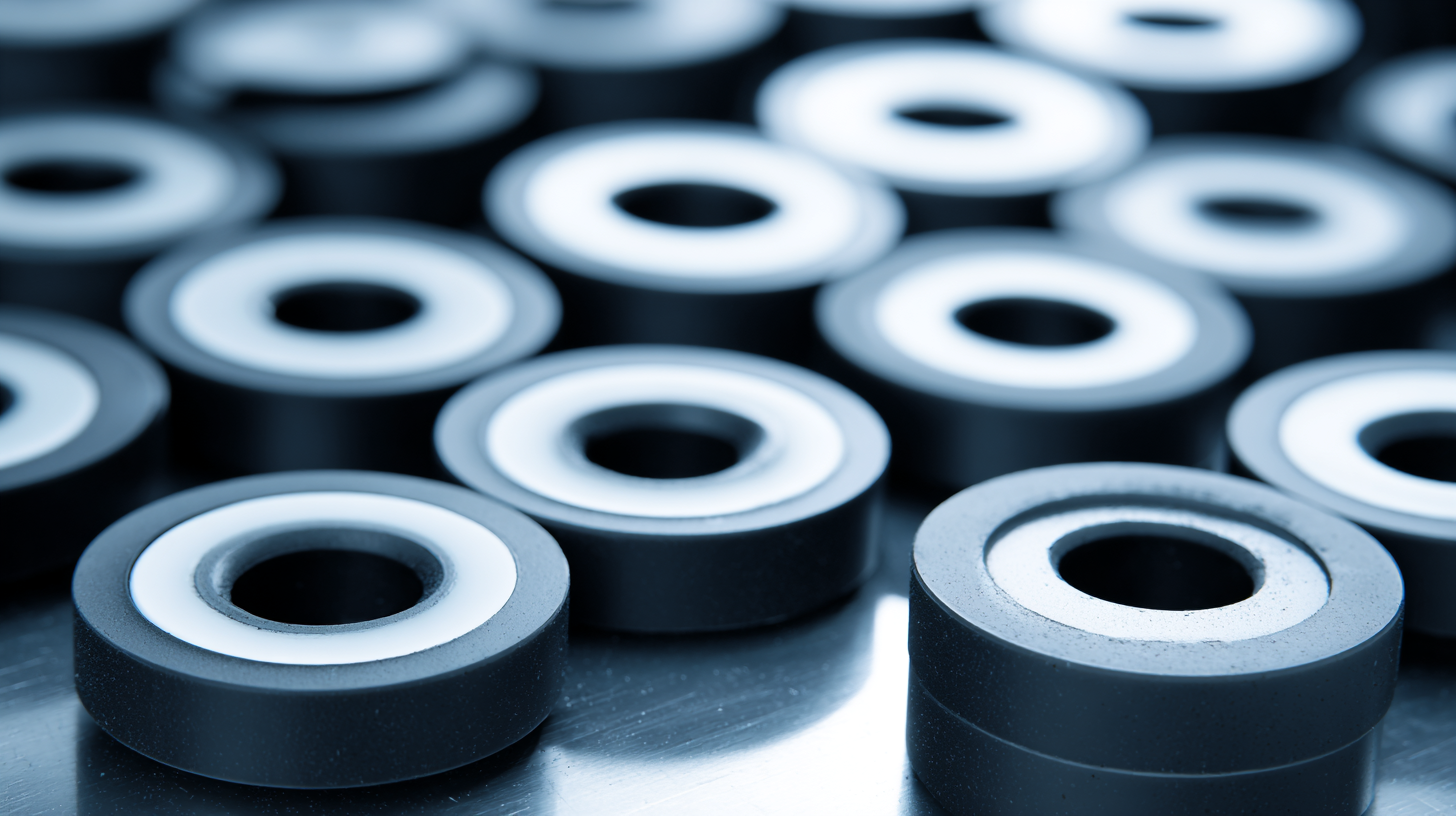
Silicone gaskets have emerged as a crucial component in various manufacturing applications due to their remarkable versatility. In the automotive industry, for instance, silicone gaskets are utilized for sealing engine components, ensuring durability and resistance to high temperatures and pressures. Their ability to withstand extreme conditions makes them a popular choice for not only engines but also fuel systems and exhausts, providing reliability in performance and longevity of use.
In the food and beverage industry, silicone gaskets play a vital role in maintaining hygiene and preventing contamination. They are used in equipment such as mixers, storage tanks, and packaging machinery, where cleanliness is paramount. The non-toxic nature of silicone also means it can be safely used in environments involving food preparation and handling. Additionally, their flexibility allows them to form secure seals on uneven surfaces, which is essential in preventing leaks and ensuring product quality. This adaptability across diverse industries illustrates the vital role silicone gaskets play in modern manufacturing processes.
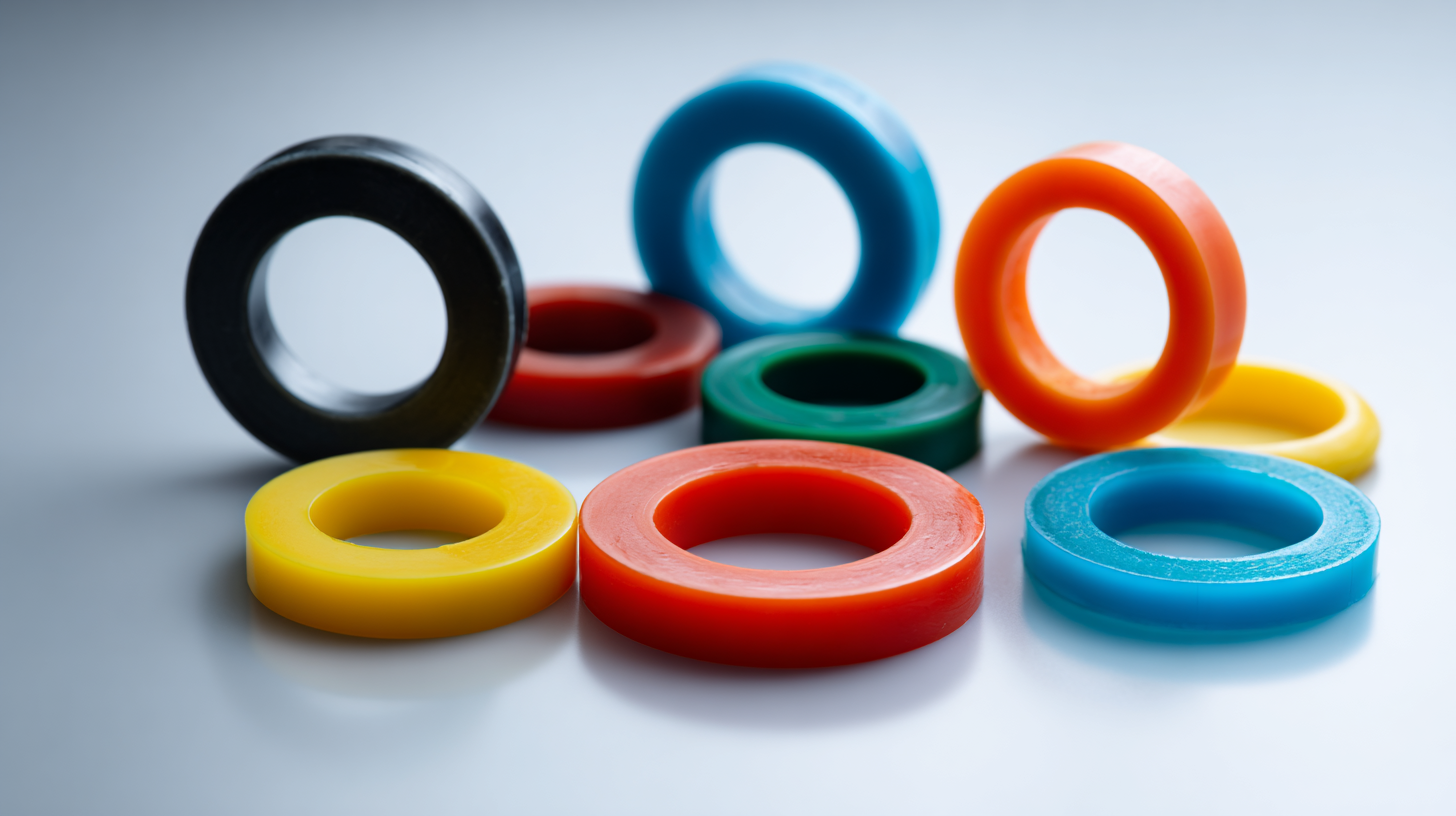
Silicone gaskets have increasingly gained traction in various manufacturing applications, largely due to their superior performance compared to traditional sealing materials. According to a report by MarketsandMarkets, the global silicone market is projected to reach USD 22.5 billion by 2025, driven by the growing demand for reliable and long-lasting sealing solutions. Unlike rubber gaskets, which may degrade over time due to heat or chemical exposure, silicone gaskets exhibit remarkable thermal stability, maintaining performance in extreme temperatures ranging from -80°F to 500°F. This versatility makes them ideal for industries including automotive, aerospace, and food processing, where safety and reliability are paramount.
Moreover, silicone gaskets outperform traditional materials like neoprene and cork in terms of chemical resistance. A comprehensive study published in the Journal of Materials Science highlighted that silicone gaskets can resist a broader range of chemicals, contributing to lower failure rates and reduced maintenance costs over time. In sectors where contamination can lead to severe repercussions, such as pharmaceuticals and food manufacturing, the ability of silicone to create a secure seal without compromising purity is invaluable. As modern manufacturing evolves, silicone gaskets are positioned as the go-to choice for environments demanding the highest standards of performance and reliability.
| Property | Silicone Gaskets | Traditional Sealing Materials |
|---|---|---|
| Temperature Resistance | -60°C to 230°C | -20°C to 120°C |
| Chemical Resistance | Excellent | Good |
| Flexibility | High | Moderate |
| Durability | Very Durable | Durable |
| Cost | Moderate to High | Low to Moderate |
| Applications | Automotive, Electronics, Food Industry | Plumbing, HVAC, General Manufacturing |
The future of silicone gasket technology is set to transform manufacturing applications across various industries. According to a recent report by MarketsandMarkets, the silicone market is projected to reach USD 29.7 billion by 2026, growing at a compound annual growth rate (CAGR) of 4.6% from 2021. This surge is driven by the increasing demand for high-performance materials that can withstand extreme temperatures and harsh chemicals, making silicone gaskets a preferred choice in automotive, aerospace, and medical sectors.
Innovations in silicone gasket manufacturing processes are also enhancing their versatility. Advanced techniques like 3D printing and liquid silicone rubber (LSR) molding are allowing manufacturers to create complex shapes and designs that were previously unattainable. According to a report by Grand View Research, the global silicone elastomers market size is expected to reach USD 12.9 billion by 2027, with a significant shift towards sustainable manufacturing practices. This trend indicates a growing emphasis on eco-friendly materials and processes, pushing the boundaries of silicone gasket applications in industries keen on reducing their environmental footprint.

